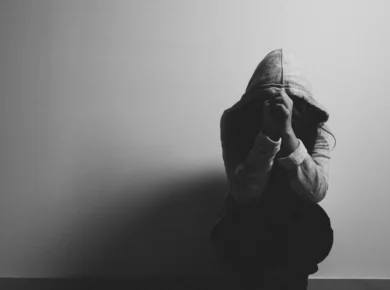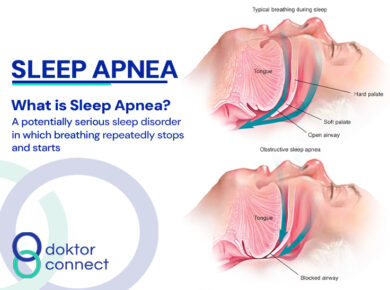The troubles of sleep paralysis
Ever wondered why you seem to be awake but can’t move your body? Some people have even gone to the extent of linking it to some ‘Certain spirit’ climbing them as the cause. This is far from true, we will be discussing sleep paralysis.
Sleep paralysis is a feeling of being conscious but unable to move. It occurs when a person passes between stages of wakefulness and sleep. During these transitions, you may be unable to move or speak for a few seconds up to a few minutes. It can be scary but it’s harmless and most people will only get it once or twice in their life.
Some people may also feel pressure or a sense of choking. This may accompany other sleep disorders such as narcolepsy. Narcolepsy is an overpowering need to sleep caused by a problem with the brain’s ability to regulate sleep.
During sleep paralysis you may feel:
You may feel awake but cannot move, speak or open your eyes, some people even feel like there is someone in the room with them and can feel fear now, and can be described as something pushing you down and it could be scary. This feeling can last several minutes. Every time we go to sleep, there is a chance that we may experience an episode. It can be a very frightening condition. People that have this condition frequently suffer from Intense fear and extreme anxiety.
People freak out because they can’t move and they start having perceptions of a mysterious physical presence in the room, this further heightens the fear and causes increased heart rate and fear of impending death. Avoiding sleep paralysis may be as simple as adopting a few lifestyle changes such as practicing some stress management techniques, getting longer sleep, and changing your sleep position.
Who Develops Sleep Paralysis?
Up to as many as four out of every 10 people may have sleep paralysis. This common condition is often first noticed in the teen years. But men and women of any age can have it. It may run in families. Other factors that may be linked to sleep paralysis include:
- Lack of sleep
- Sleep schedule that changes
- Mental conditions such as stress or bipolar disorder
- Sleeping on the back
- Other sleep problems such as narcolepsy or nighttime leg cramps
- Use of certain medications, such as those for ADHD
- Substance abuse
You may also consult with a doctor via the DoktorConnect app if you have recurrent sleep paralysis. Your doctor would be able to review your current medications that may be triggering it and possibly prescribe antidepressants that would help regulate sleep cycles or treat any underlying condition.





